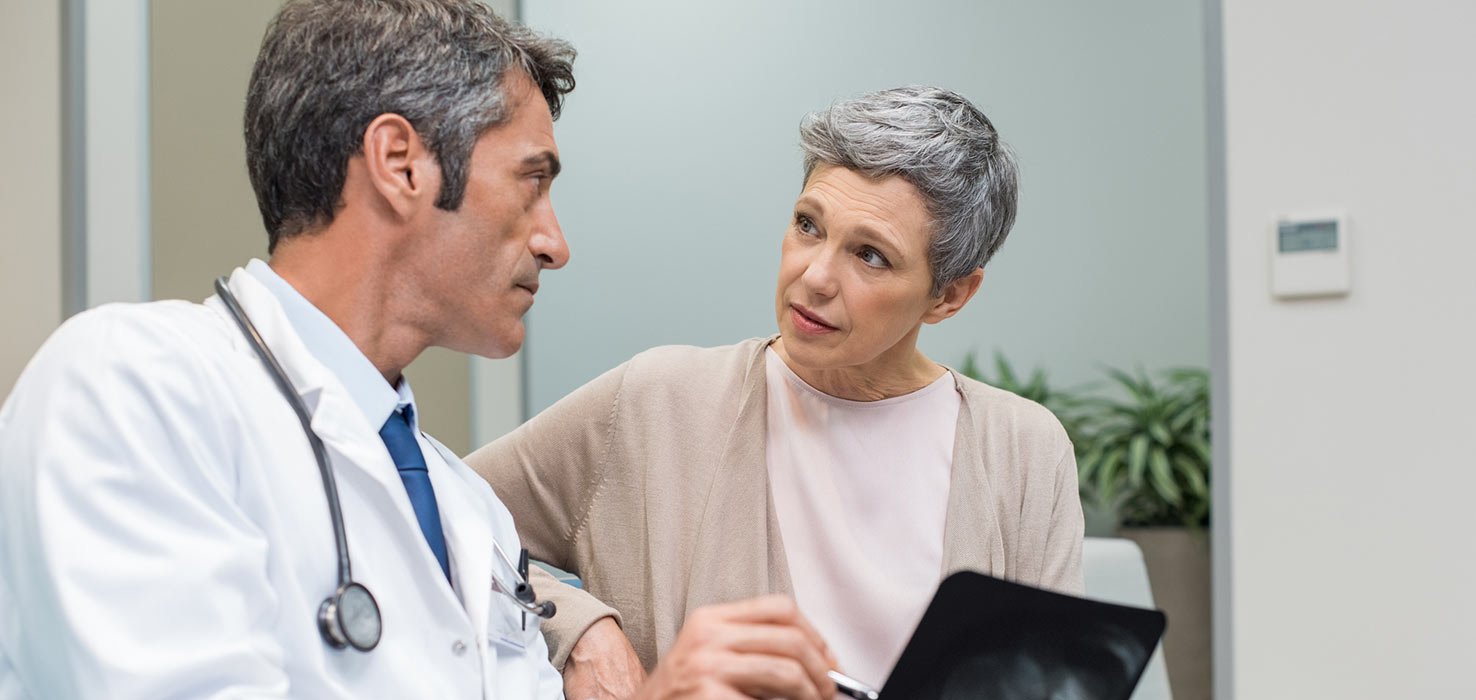
How Often Should You Get a Colonoscopy?
Most experts recommend that people at average risk have a baseline colonoscopy at age 50, then repeat the exam every 10 years. A colonoscopy is the most effective form of colon cancer screening available today. Using a lighted, flexible tube to view your rectum and colon, a physician can check for precancerous polyps and early-stage colorectal cancer. If any abnormalities are detected, they can quickly be taken care of. For instance, the physician can immediately remove any polyps found during the colonoscopy procedure.
Colon cancer risk factors that warrant more frequent screening
A physician may recommend more frequent colon cancer screening for you if:
- You have been diagnosed with inflammatory bowel disease
- You have been diagnosed with ulcerative colitis or Crohn’s disease
- You have a history of multiple, large or high-risk adenomas
- You have a parent, sibling or child who was diagnosed with colorectal cancer or adenoma
Is colonoscopy prep worth it?
A colonoscopy is a relatively simple – yet potentially life-saving – colon cancer screening test. However, you’ll need to do some prep work beforehand, which will include limiting your intake of food and medicine as instructed by your physician. For instance, on the day before your colonoscopy, you may be limited to consuming clear liquids only. You’ll also be instructed to take special laxatives, which may cause some discomfort. To ensure the most accurate result possible, it’s very important to closely follow the preparation instructions provided by your physician.
During your exam, you’ll be sedated, which means you’ll likely feel groggy afterward and someone will need to assist you in getting home. You’ll be advised not to drive, work or make any important decisions for the rest of the day; instead, you should try to rest comfortably at home. On the next day, you’ll be able to resume your normal routine.
Other colon cancer screening tests
If you are not at high risk for colorectal cancer and you have a colonoscopy that produces a normal result, you may want to talk with your physician about other forms of colon cancer screening in the future, such as a flexible sigmoidoscopy or stool test. If you opt for one of these options and the test produces an abnormal result, your physician may then recommend a follow-up colonoscopy for further evaluation.
At Moffitt Cancer Center, we believe effective colon cancer screening should be readily available to everyone who needs it. Through our Gastrointestinal Oncology Program, you can receive a colonoscopy without a referral. To request an appointment, call 1-888-663-3488 or submit a new patient registration form online.
